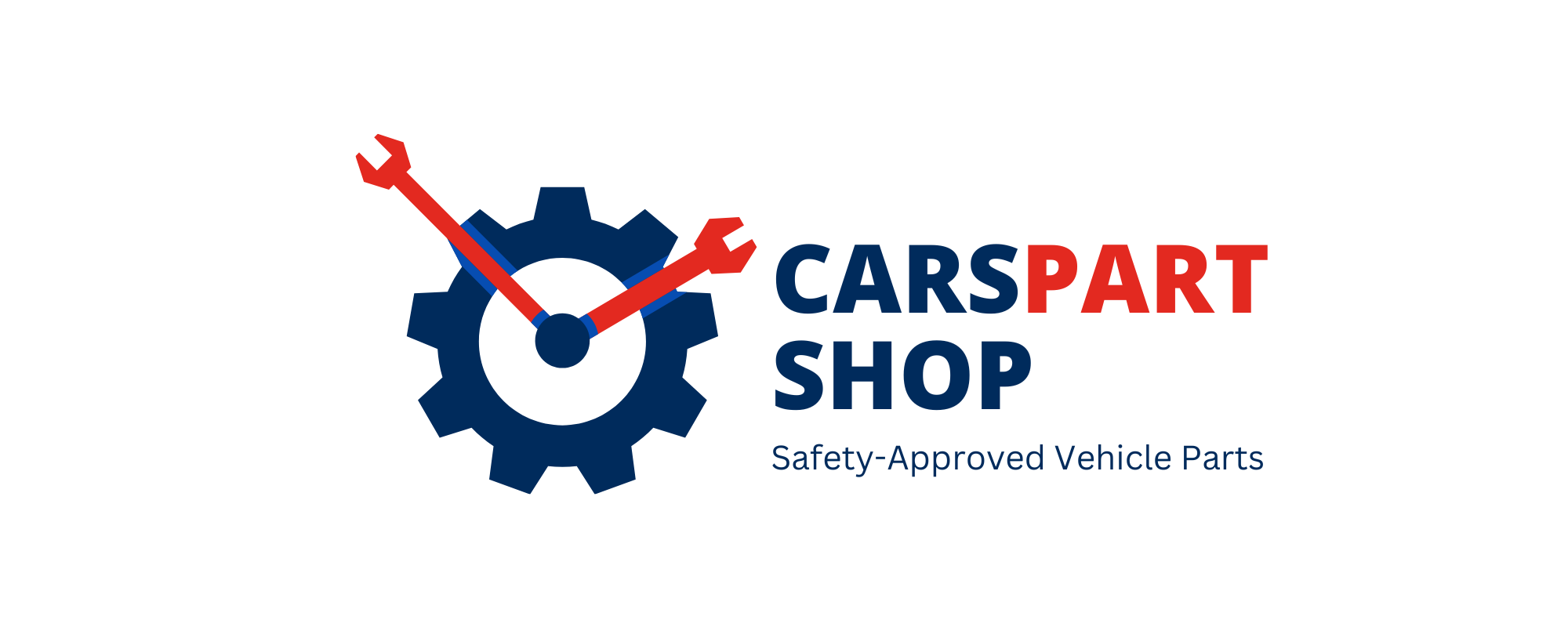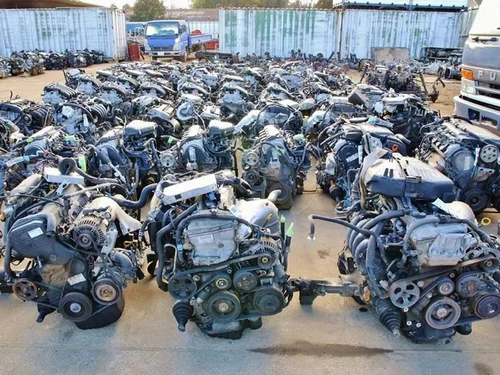Nothing stops a driver’s heart quite like the sound of a failing engine. The coughing, sputtering, and stalling can send shivers down your spine—not just because of the breakdown itself, but because of the terrifying repair bill that often follows. A brand-new engine can cost thousands of dollars, sometimes more than the car is even worth.
But before you panic and consider selling your vehicle for scraps, there’s an alternative that could save you a small fortune: used car engines. With the growing popularity of online marketplaces and specialized shops, finding a high-quality used engine has never been easier. These engines provide reliable performance at a fraction of the cost of new ones, making them the perfect solution for drivers looking to get back on the road without financial strain.
Let’s explore why used car engines are a smart choice, how to shop for them online, and what steps you should take to ensure you get maximum value.
Why Used? Why Now?
You might wonder: why would anyone take a chance on a used engine when new ones are available? The answer lies in cost-effectiveness, availability, and performance.
• Budget-Friendly: A new engine can easily cost anywhere from $3,000 to $7,000 depending on the make and model. Used engines, however, are often priced at just a fraction of that. For many drivers, this is the difference between repairing their car or giving up on it altogether.
• Sourced from Well-Maintained Vehicles: Many used engines come from cars that were well serviced but had other issues, such as body damage from an accident. This means the engine is still in excellent condition despite the vehicle being written off.
• Online Accessibility: With the rise of specialized online shops, you no longer have to rely solely on scrapyards or word-of-mouth recommendations. Websites now provide detailed specifications, history reports, and photos, making the buying process transparent and convenient.
The timing couldn’t be better. With prices of new car parts steadily rising, used engines offer a sustainable, affordable, and practical option.
Open the Hood to Online Options
Gone are the days when you had to spend hours rummaging through greasy garages in search of the right part. The online used car engine market has become a game-changer.
Websites like Cars Part Shop and other reputable sellers allow you to:
- • Enter your vehicle’s make, model, and year to instantly view compatible engine options.
- • Compare different types of engines—from fuel-efficient four-cylinders to robust V6 or V8 powerhouses.
- • Browse through detailed product listings that include service history, compression test results, and clear photos.
This level of transparency helps you avoid the guesswork and ensures you find the perfect match for your car without leaving your home.
Beyond the Basics: Different Types of Used Engines
Not all used engines are created equal. When shopping, you’ll typically encounter a few categories:
① Standard Used Engines: These are engines pulled directly from vehicles and resold as-is. While often the most affordable, their condition depends on how well the previous owner maintained them.
② Refurbished Engines: These have undergone inspections, minor repairs, and cleaning to ensure functionality. They often come with short-term warranties.
③ Remanufactured Engines: These are as close to new as you can get. They’ve been rebuilt with new components and tested extensively, making them a reliable middle ground between used and brand-new.
④ Performance Engines: Sometimes, you can even find engines that have been upgraded for better horsepower, torque, or efficiency—ideal for enthusiasts who want an affordable performance boost.
The key is to match your budget with your needs. For everyday drivers, a standard or refurbished engine may be more than enough, while remanufactured engines are perfect for those who want long-term reliability.
Quality Check – Don’t Get Stalled
Buying a used engine can be a great decision, but it’s important to exercise caution. Here’s how you can ensure you’re getting quality:
- • Check Seller Reputation: Stick with established sellers with strong customer feedback.
- • Look for Warranties: Even a short warranty shows that the seller stands behind the product.
- • Ask for Documentation: Service records, mileage reports, and compression test results can give you confidence in the engine’s condition.
- • Ask Questions: Don’t hesitate to inquire about oil changes, repairs, or any known issues. A reputable seller will be open and responsive.
Remember, transparency is the ultimate sign of a trustworthy seller.
DIY or Get Professional Help?
Once you’ve secured your used engine, the next big decision is installation. Swapping an engine is not a simple DIY project unless you’re an experienced mechanic. It involves specialized tools, technical know-how, and plenty of time.
For most drivers, professional installation is the safest route. Many online sellers even partner with installation services, making it easier to get your engine fitted properly. A professional touch ensures that your new engine not only works but performs at its best from day one.
The Cost-Saving Equation
Let’s break it down with a simple example.
■ New Engine: $5,000 (plus installation costs)
■ Used Engine: $1,500–$2,500 (plus installation)
That’s a potential savings of over 50%, sometimes even more. And if you opt for a remanufactured engine, you still save thousands while enjoying near-new performance.
These savings can then be redirected toward other important car needs such as regular maintenance, upgraded accessories, or even a rainy-day fund.
The Environmental Edge
There’s another overlooked benefit to buying used engines: environmental sustainability. Every engine that gets reused reduces the demand for new manufacturing, conserving resources like steel and aluminum while cutting down emissions from production.
By giving a used engine a second life, you’re not just saving money—you’re also helping reduce automotive waste and supporting a greener future.
Tips for a Smooth Purchase
To make the most of your investment, keep these tips in mind:
① Verify Compatibility: Double-check that the engine matches your vehicle’s make, model, and year.
② Inspect Upon Delivery: When the engine arrives, check for damage or inconsistencies with the listing.
③ Keep Records: Save all documentation, including receipts and warranty details.
④ Schedule Maintenance: After installation, regular servicing ensures your engine stays in top shape.
Conclusion
When your engine fails, it doesn’t have to spell the end for your car—or your bank account. Used car engines for sale provide an affordable, practical, and eco-friendly alternative to brand-new replacements. With online platforms making the shopping process simple and transparent, it’s easier than ever to find a reliable engine that brings your car back to life.
So, don’t let engine trouble derail your plans. Explore the world of used engines, ask the right questions, and make a smart purchase. Your wallet, your car, and even the environment will thank you.
FAQs
Yes, especially when purchased from reputable sellers with testing and warranty options.
Used engines are resold as-is, while remanufactured engines are rebuilt with new components and tested extensively.
On average, you can save 50–70% compared to buying a new engine.
Many reputable sellers offer warranties, though the length and coverage vary.
Unless you’re a skilled mechanic, professional installation is highly recommended for safety and performance.







